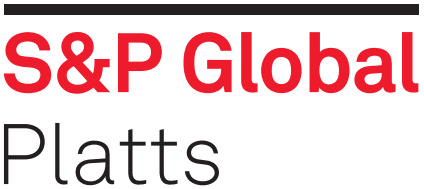
Steelmaker Thyssenkrupp is in talks with German authorities about receiving financial support in response to the impact of the coronavirus pandemic, it told S&P Global Platts Thursday.
However, a Thyssenkrupp representative declined to comment on local media reports the German company would receive Eur1 billion ($1.09 billion) from state-owned bank KfW as a bridge until the time funds from its elevator business sale were transferred.
“How the impact of the crisis and financial consequences are going to affect Thyssenkrupp, is — as it is for other companies — from today’s point-of-view not possible to estimate yet. We are having precautionary talks — like other companies — if and which of the available public financial support options can be considered for Thyssenkrupp,” said the representative.
A press officer for KfW also declined to comment.
Thyssenkrupp struck a Eur17.2 billion deal to sell its elevator business to a financial consortium comprising Advent, Cinven and RAG Foundation in February, but sources cast doubt at the time on whether the deal would provide enough funds to turn the company’s steel business around after allocations to pension liabilities and paring down its debt pile were made.
With the pandemic hitting Europe’s steel industry hard, steelmakers such as Thyssenkrupp are cutting production in order to compensate for weak order books after one of their main customers, the auto industry, temporarily halted production.
According to sources close to the situation, Thyssenkrupp saw a drop in demand in April in particular due to the auto shutdowns and will be cutting further production in May.
The steelmaker produced 11.3 million mt of crude steel in the business year 2018/2019.
“The production dip is [going to] be visible next month, but looking at the entire year there’s hope for a slight recovery,” one source said.
During the past month, the flat steel producer has been producing more material than usual that is now in storage, especially slabs, as shipments to customers fell at the height of the lockdown across Europe.
“A shutdown happens fast, but ramping up takes [a long time]. To idle a blast furnace should be the last step. Hot-dipped galvanized and cold-rolled lines are easier to halt,” the source said.
Sources said they are hoping for a recovery in orders this year, but most expect demand growth from the car industry from 2021 onward.
Prices for Northwest European hot-rolled coil steel dropped Eur6/mt day on day Thursday to Eur442/mt ex-works Ruhr, according to Platts data, as mills are having to lower offer prices amid competitive import offers and weak demand.
— Laura Varriale




